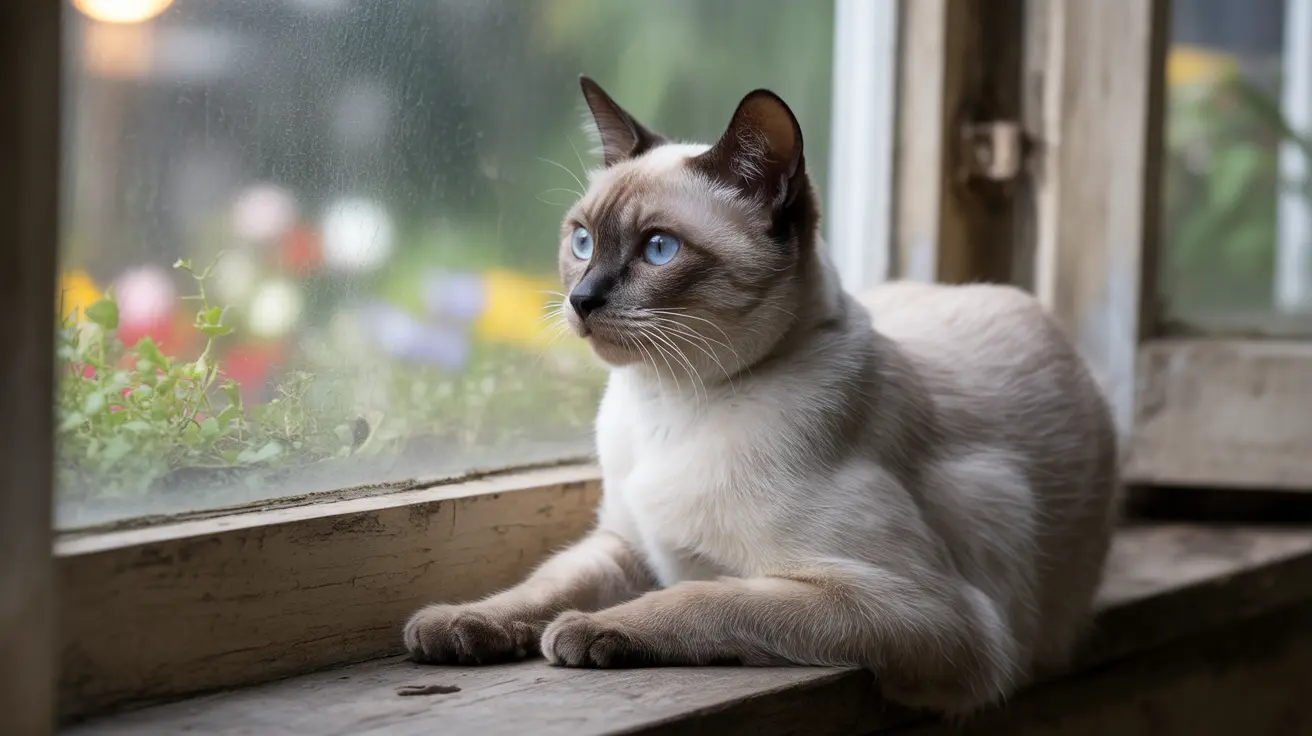Has your usually quiet feline companion suddenly turned into a chatterbox, filling your home with persistent meows? Sudden changes in a cat's vocalization can be puzzling and sometimes concerning for pet owners. Understanding the potential reasons behind excessive meowing is crucial for ensuring your cat's health, happiness, and well-being.
In this comprehensive guide, we'll explore the various factors that might cause your cat to meow more than usual, helping you distinguish between normal communication and potential underlying issues.
Common Reasons for Sudden Increase in Cat Meowing
Attention-Seeking and Social Needs
Cats are complex creatures with unique communication styles. Sometimes, increased meowing is simply their way of demanding more interaction. If your cat feels lonely, bored, or neglected, they might increase vocalization to capture your attention. This is especially common in:
- Cats left alone for extended periods
- Households with recent changes in routine
- Pets seeking more playtime or affection
Hunger and Feeding Triggers
Many cats become vocal around feeding times, using meows as a strategy to remind you it's mealtime. If you've changed feeding schedules or your cat is experiencing increased appetite, expect more frequent vocal cues.
Stress and Environmental Changes
Cats are sensitive to environmental shifts. Major life changes can trigger increased vocalization as a stress response, including:
- Moving to a new home
- Introduction of new pets or family members
- Disruptions in daily routine
- Changes in household dynamics
Medical Conditions That Cause Excessive Meowing
Age-Related Cognitive Changes
As cats age, they may develop cognitive dysfunction syndrome, similar to dementia in humans. This condition can cause disorientation, confusion, and increased vocalization, particularly during nighttime hours.
Potential Health Concerns
Sudden, persistent meowing could signal underlying medical issues such as:
- Hyperthyroidism
- Kidney disease
- Urinary tract infections
- Chronic pain
- Sensory changes like hearing or vision loss
Recognizing When Meowing Signals a Problem
Signs That Warrant Veterinary Attention
While occasional vocal communication is normal, certain symptoms should prompt immediate veterinary consultation:
- Meowing accompanied by weight loss
- Changes in appetite or water consumption
- Visible signs of pain or discomfort
- Significant behavioral changes
- Persistent vocalization without apparent cause
Managing and Reducing Excessive Meowing
Practical Strategies
To help manage your cat's increased vocalization, consider these approaches:
- Maintain consistent feeding and play schedules
- Provide mental stimulation through interactive toys
- Create a calm, predictable environment
- Address potential stressors promptly
- Regular veterinary check-ups
Frequently Asked Questions
Why is my cat meowing so much all of a sudden, and how can I determine the cause?
Sudden increased meowing can result from various factors, including attention-seeking, stress, medical conditions, or age-related changes. Observe your cat's overall behavior, recent environment changes, and look for accompanying symptoms to help pinpoint the cause.
How can I distinguish between attention-seeking meowing and signs of a health issue?
Attention-seeking meows are typically consistent and stop when acknowledged. Health-related meowing often appears more distressed, may be accompanied by other symptoms like changes in appetite or mobility, and persist regardless of interaction.
What are the common medical conditions that cause cats to meow excessively, and how are they treated?
Common conditions include hyperthyroidism, kidney disease, and cognitive dysfunction. Treatment varies by diagnosis and may involve medication, dietary changes, or management strategies best determined by a veterinarian.
How can I effectively manage stress and anxiety in my cat to reduce excessive meowing?
Create a stable environment, maintain routine, provide hiding spaces, use pheromone diffusers, and ensure plenty of mental and physical stimulation through play and interaction.
When should I take my cat to the vet if they start meowing more than usual?
Consult a veterinarian if meowing is sudden, persistent, accompanied by other symptoms, or significantly deviates from your cat's normal behavior. Early intervention can help identify and address potential health issues.






